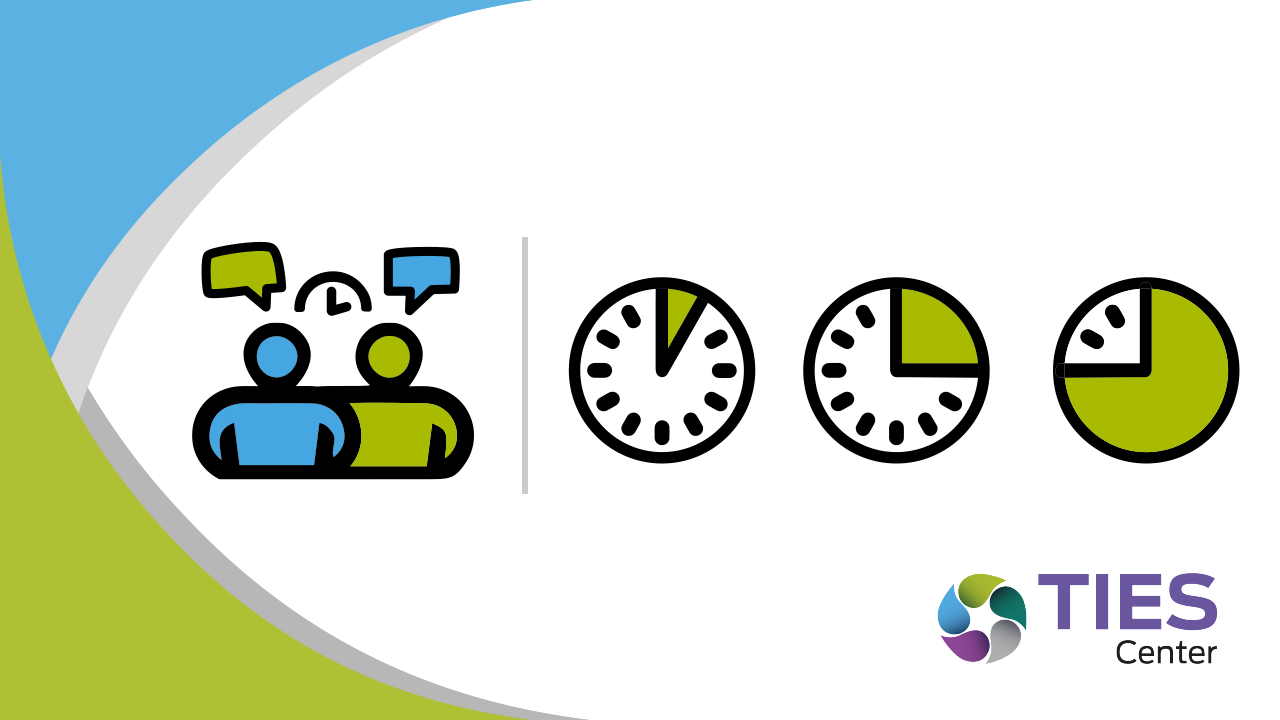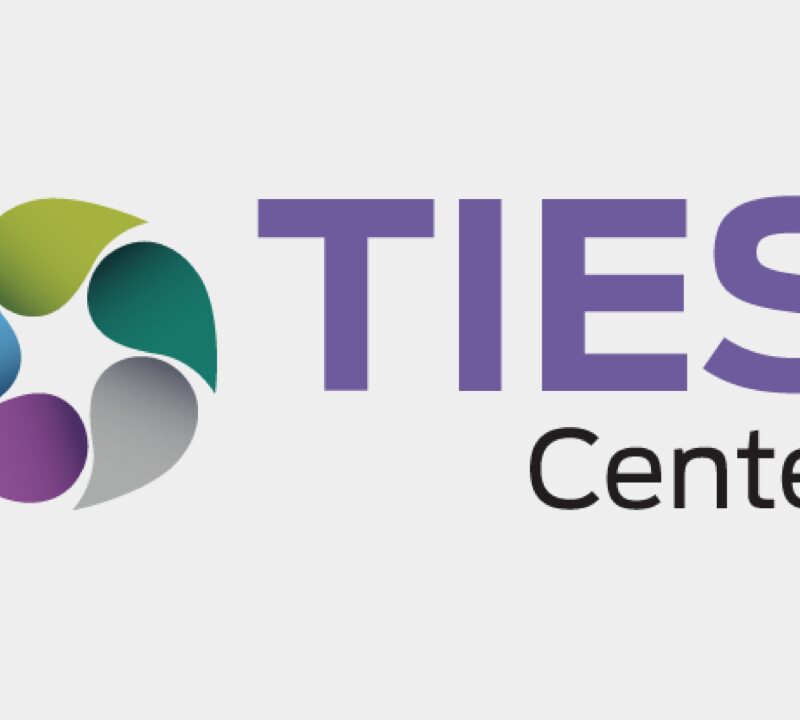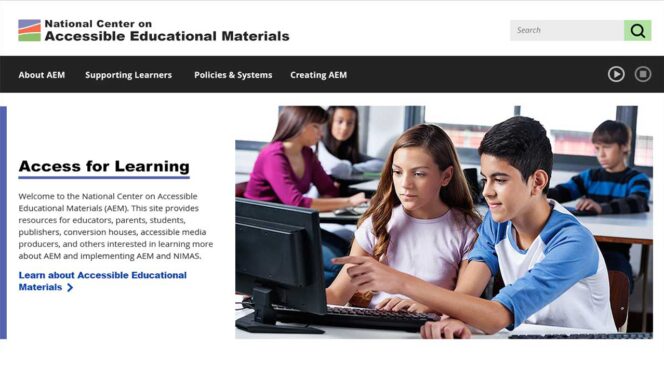Project Name
TIES Center: Increasing Time, Instructional Effectiveness, Engagement, and State Support for Inclusive Practices for Students with Significant Cognitive Disabilities
Project Website
tiescenter.org
Project Description
CAST, in collaboration with TIES Center, the national technical assistance center on inclusive practices and policies from 2018–2022, leveraged the UDL Guidelines and user experience design practices to reduce barriers to equity. Our goal was to support general and special educators to develop a process for collaboration in order to design inclusive lessons that include students with the most significant cognitive disabilities.
Gathering feedback from general and special education focus groups was critical to our process. We learned:
- There are deep-rooted barriers to achieving the vision of fully inclusive classrooms.
- In the busy routines of the school day, it can be difficult to have dedicated collaborative time to focus on the design of lessons that ensure all students can engage in equitable learning experiences.
- Current technologies provide access to a plethora of rich online materials and content for instruction. However, these materials are often not designed for inclusion, to ensure that all students—including students with the most significant cognitive disabilities—can fully participate.
To address these barriers, CAST and the TIES Center designed and offer these tools and resources:
- 5-15-45 tool supports collaboration between educators in planning blocks of 5, 15, or 45 minutes. The tool includes protocols and resources wrapped in an intuitive and supportive web interface.
- Inclusive Big Ideas (IBIs) is a just-in-time resource to plan grade-level standards-based lessons for all students, including those with significant cognitive disabilities.
- The UDL Modules are a set of asynchronous learning modules paired with a coaching guide to learn about UDL. The modules show how to implement UDL to design learning experiences that are inclusive for each and every learner. The coaching guide supports teacher leaders in designing UDL professional development.
The TIES Center continues to create sustainable changes in school and district educational systems so that students with significant cognitive disabilities can fully engage in the same instructional and non-instructional activities as their general education peers while being instructed in a way that meets individual learning needs.
Future project activities will support processes and models that increase student engagement and improve learning outcomes for students with significant cognitive disabilities.
What barriers do you face that prevent inclusive practices?

As part of the work of the TIES Center, project staff develop resources to promote collaboration among educators, ensuring more inclusive planning and practices. And only five minutes are needed to get started.
TIES Lessons for All: The 5-15-45 Tool

The life of an educator is fast-paced! Sometimes it feels like just being able to catch your breath is challenging. Yet, we know that general and special education collaboration is key to quality inclusive education for students with disabilities, including students with significant cognitive disabilities. Figuring out how to balance these competing pressures is essential in today’s schools.
Timeline
2018 – 2022
Funder
Office of Special Education Programs, U.S. Department of Education
Partners
The University of Minnesota’s National Center on Educational Outcomes (NCEO)
University of North Carolina, Charlotte (UNCC)
University of North Carolina, Greensboro (UNCG)
University of Kentucky (UK)
University of Cincinnati (UC)
Arizona Department of Education
Project Leadership
Sheryl Lazarus, PhD, PI
Kristin Liu, PhD, Co-PI
Jose Blackorby, PhD, Partner Member
Liz Hartmann, PhD, Partner Member
Contact
For more information on TIES activities that increase student engagement and improve learning outcomes for students with significant cognitive disabilities, email cast@cast.org.


